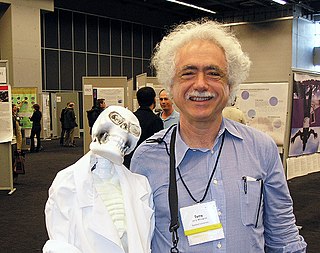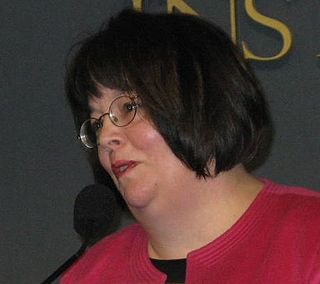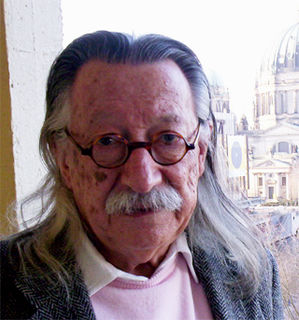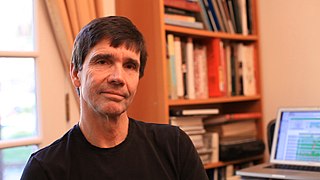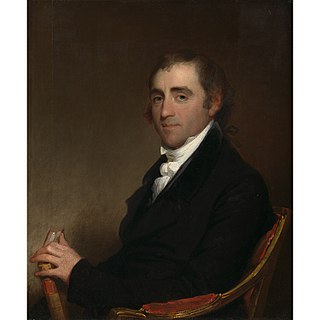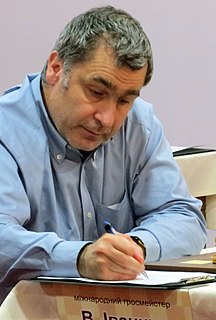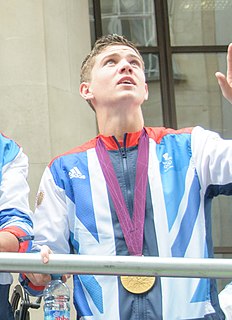A Quote by Terry Winograd
There is a tendency to throw computers at third world problems, which I think is often a distraction. Putting computers in the schools is great, but it may be more important to put teachers in the schools.
Related Quotes
Everything is being run by computers. Everything is reliant on these computers working. We have become very reliant on Internet, on basic things like electricity, obviously, on computers working. And this really is something which creates completely new problems for us. We must have some way of continuing to work even if computers fail.
At the age of 5, when I was in kindergarten, I often used to pass by the computer labs and see students doing work on computers. I realized that calculation, which would take us a long time to do, can be done in less than a second with the help of computers. So that is how my interest in computers began.
A lot of charter schools are non-union schools that take a lot of teachers from alternative tracks, like Teach For America. They do this in part because a lot of charter schools have very strong ideologies around how they want teachers to teach. And they find that starting with a younger or more inexperienced teacher allows them to more effectively inculcate those ideas.
There is a popular cliché ... which says that you cannot get out of computers any more than you have put in..., that computers can only do exactly what you tell them to, and that therefore computers are never creative. This cliché is true only in a crashingly trivial sense, the same sense in which Shakespeare never wrote anything except what his first schoolteacher taught him to write-words.
Man is not a machine, ... although man most certainly processes information, he does not necessarily process it in the way computers do. Computers and men are not species of the same genus. .... No other organism, and certainly no computer, can be made to confront genuine human problems in human terms. ... However much intelligence computers may attain, now or in the future, theirs must always be an intelligence alien to genuine human problems and concerns.
It's really important to say this. Often the faith schools were founded before the state provided education. I want good education in this country so I'm not going to slag off faith schools. I think that it's important that people of different backgrounds and different faiths go to school together and many faith schools do that.
We have a dangerous trend beginning to take place in our education. We're starting to put more and more textbooks into our schools. We've become accustomed of late of putting little books into the hands of children, containing fables and moral lessons. We're spending less time in the classroom on the Bible, which should be the principal text in our schools. The Bible states these great moral lessons better than any other man-made book.
It's a very special generation, because during our careers the computer entered chess. So we know how to play without computers, which is also important. We can analyse without computers. I am not saying that younger players cannot do this, but we are more in the habit of doing this. That's important to improve your chess understanding.
